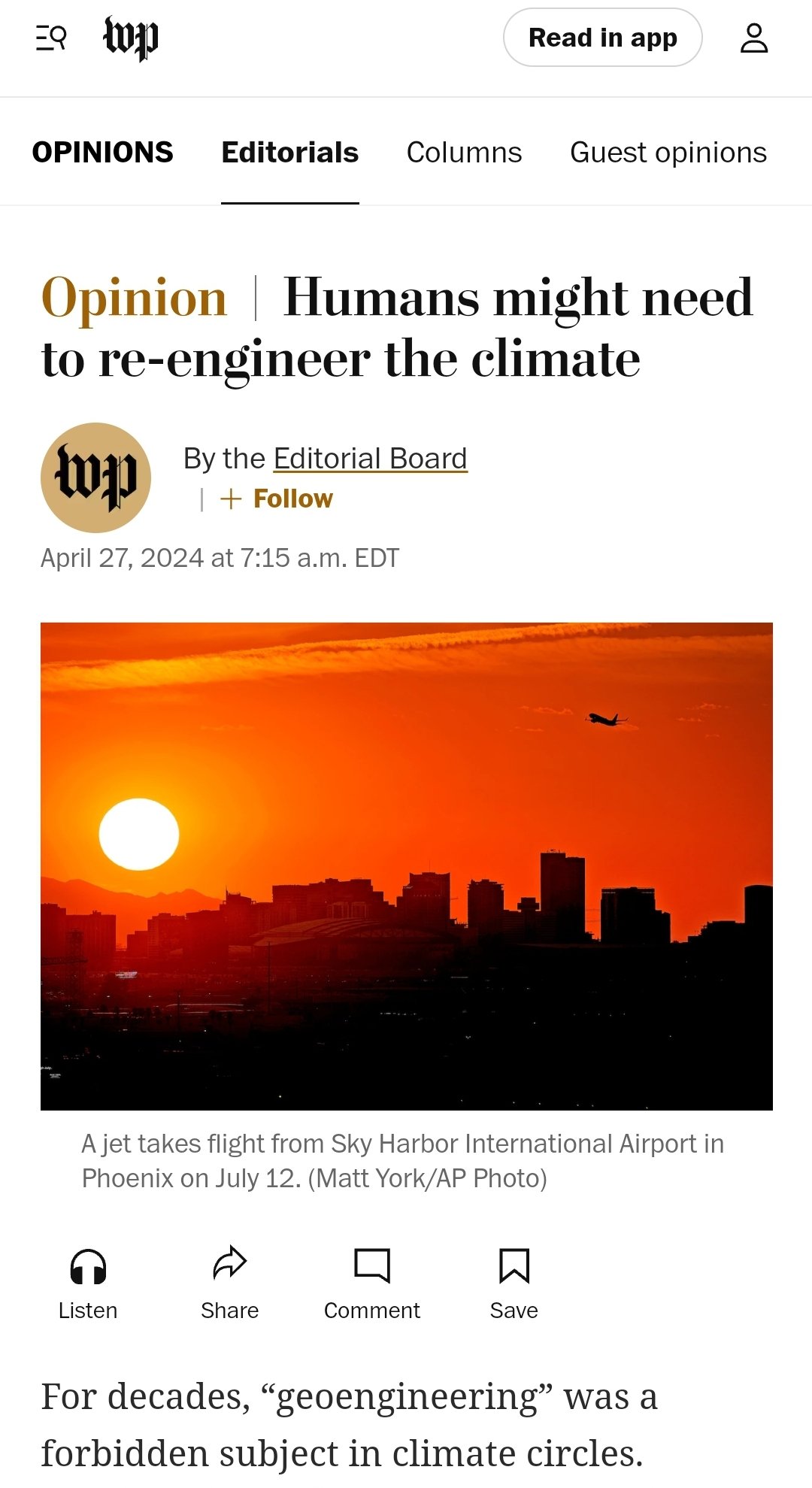https://heartland.org/opinion/california-continues-to-be-a-national-security-risk-for-america/
California Continues to Be a National Security Risk for America
Governor Newsom directives increase California’s dependency on foreign crude oil to support the State’s international and military airports, and shipping terminals
Historically, California has been successfully reducing in-state oil production over the decades and has increased crude oil imports from foreign countries from 5 percent in 1992 to more than 75 percent today to meet the California consumption demand.
Governor Gavin Newsom, by continually seeking further decreases of in-state oil production, Newsom’s emissions policies continue to force California, the 4th largest economy in the world, to be the only state in contiguous America that imports most of its crude oil feedstock to in-state refineries from foreign countries. That dependence, via maritime transportation from foreign nations for the state’s crude oil demands, has increased imported crude oil from 5 percent in 1992 to more than 75 percent today of total consumption.

California has more than 140 airports with huge fuel demands of more than 13 billion gallons of aviation fuel per year that includes these major airports:
- 9 International airports
- 41 Military airports
In addition, California has three of the largest shipping ports in America, with #1 Los Angeles. #2 Long Beach, and #7 Oakland. Ships arriving and departing from the shipping ports up and down the coast from San Diego to San Francisco require massive amounts of lower grade bunker fuels.
While California is pursuing the elimination of crude oil production, China has no intentions of abandoning its economic, military, or strategic ambitions – all of which rely on crude oil. Asia is the region with the greatest number of future petroleum refineries. As of 2021, there were 88 new facilities in planning or under construction in Asia.
The California Air Quality Management District (AQMD) policies have the potential to further reduce in-state refinery capacity, so the State can be more dependent on Asia for the fuels and petrochemical demands of the State.
Shockingly, Newsom has yet to inform the citizens of the State, and the citizens of America, as to how he expects the States’ airports, military, and shipping ports to continue operating without the fuels for planes and ships.
Without the feedstock of crude oil to the California refineries to be processed into fuels to meet the demands of the 9 International Airports, 41 Military Airports, and 3 of the largest shipping ports in America, what is Governor Newsom’s’ explanation to all Americans as to how the 4th largest economy in California is not a security risk for the entire country?
With Governor Newsom having high expectations of being the Democratic nominee for the Presidency of the United States, maybe he can explain to those at the Democratic National Convention in August 2024, how California, under his leadership for 8 years, is now a national security risk with the following two subjects that he has led and campaigned for:
- Importing more than 75 percent of the state’s demand for crude oil for current in-state refineries to refine into fuels for California’s 9 International airports, 41 Military airports, and 3 of the largest shipping terminals in America, and
- Constantly reducing in-state refining capacity to refine fuels and petrochemicals for the materialistic demands of society.
Petrochemicals have been driving oil demand in recent years but that could all change if new restrictions come into place to curb the production of plastics and other products. With more than 6 billion on this planet making less than $10 a day that wish to join the industrial revolution, the global demand for petrochemicals has been gradually rising over the last two decades, as an increasing number of consumers spend on petrochemical-derived products.
With more in-state refinery closures imminent under Newsom’s watch, California can look toward Asia’s 88 new refineries for the manufactured fuels used by California’s 9 International airports, 41 Military airports, and 3 of the largest shipping terminals in America for manufactured oil derivatives that are the basis of most products in our materialistic society,
Even to the uneducated, such blatant dependency on foreign countries for crude oil and fuels to pass through three of the busiest shipping ports in America, all located on the coastline of the 4th largest economy in the world, California is a national security risk for the entire United States of America!

Ronald Stein, P.E.Ronald Stein is an internationally published columnist and energy consultant, and a policy advisor for The Heartland Institute.
#
Ronald Stein: Historically, California has been successfully reducing in-state oil production over the decades and has increased crude oil imports from foreign countries from 5 percent in 1992 to more than 75 percent today to meet the California consumption demand. Governor Gavin Newsom, by continually seeking further decreases of in-state oil production, Newsom’s emissions policies continue to force California, the 4th largest economy in the world, to be the only state in contiguous America that imports most of its crude oil feedstock to in-state refineries from foreign countries. …

California has more than 140 airports with huge fuel demands of more than 13 billion gallons of aviation fuel per year that includes these major airports:
- 9 International airports
- 41 Military airports
In addition, California has three of the largest shipping ports in America, with #1 Los Angeles. #2 Long Beach, and #7 Oakland. Ships arriving and departing from the shipping ports up and down the coast from San Diego to San Francisco require massive amounts of lower grade bunker fuels. …
The California Air Quality Management District (AQMD) policies have the potential to further reduce in-state refinery capacity, so the State can be more dependent on Asia for the fuels and petrochemical demands of the State. …
With more in-state refinery closures imminent under Newsom’s watch, California can look toward Asia’s 88 new refineries for the manufactured fuels used by California’s 9 International airports, 41 Military airports, and 3 of the largest shipping terminals in America for manufactured oil derivatives that are the basis of most products in our materialistic society,




